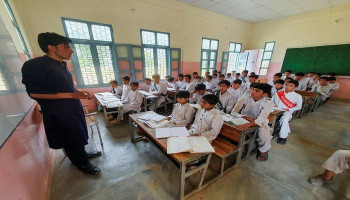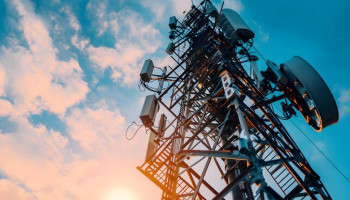
An undated image. — Canva
Pakistan's recently rolled out National Artificial Intelligence Policy 2025 is set to unlock the country's AI potential, but Pakistan Telecommunication Authority (PTA) has warned that poor internet and inadequate digital infrastructure are obstructing Pakistan's AI ambitions.
The telecom regulator noted that Pakistan's AI-related goals include creating 3 million jobs and providing annual training for 200,000 individuals, which it stated cannot be achieved without fast and secure internet connectivity nationwide.
Analysts are of the view that Pakistan is struggling with basic network infrastructure and slow governance reforms, making the targets in the government's sight difficult to attain, as per TechJuice.
Why high-speed internet essential for Pakistan?
PTA officials pointed out that stable, high-speed internet is essential for scaling AI systems, while mentioning that rural areas are suffering from weak signals, unreliable power, and slow broadband speeds. This gap, they said, is leaving AI adoption out of reach for many communities.
While Pakistan's AI policy introduces an AI Fund to support emerging startups, critics cast doubt, arguing that the government is promoting advanced technology without addressing critical infrastructure needs.
Telecom authorities cautioned that this approach might end up mirroring previous digital strategies that began with promise but ultimately failed to deliver tangible results.
As global AI development accelerates, Pakistan’s opportunity to catch up is diminishing. Experts assert that the country possesses the ambition to succeed but lacks the foundational systems necessary for developing and implementing modern AI services.
That said, it looks like Pakistan’s aspirations for AI would become another missed opportunity without urgent improvements in network capabilities and cybersecurity.
















